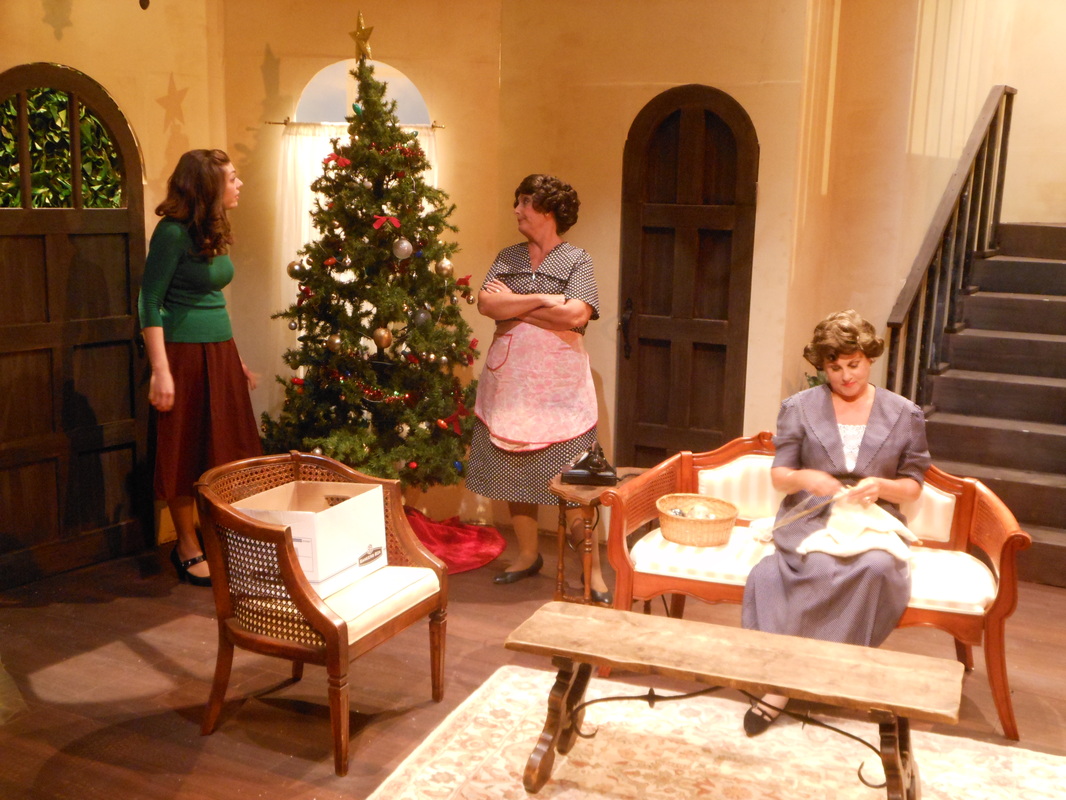
When the body of a female 13-year-old employee – child labor was legal in those days – was found raped and strangled, despite considerable evidence pointing to the guilt of another man who became the main witness against him, Frank was convicted and sentenced to death in a sensational trial fueled by openly anti-Jewish fervor whipped up by screeds in the popular press.

An Ivy League (Cornell 1906) professional engineer, Frank moved to Atlanta in 1908 to take a job at a pencil company owned by Uhry’s great-uncle. The third is the rarely performed Parade (not to be confused with the 1960 musical revue) about the 1913 trial of Leo Frank, winning the 1998 Tony Awards for Best Book (for Uhry) and Best Original Score. Miss Daisy won the Pulitzer Prize for Drama in 1988 and was made into a film the following year that won a number of Academy Awards including Best Picture and Best Adapted Screenplay (for Uhry).


The first is by far his most well known, Driving Miss Daisy, about a wealthy Jewish woman in 1948 whose declining driving ability in old age compels her to hire a chauffeur who happens to be black, and a key theme is that, despite their seemingly opposite circumstances, they share insurmountable ostracism from mainstream society, her because she is Jewish and him because he is black. Ballyhoo won the 1997 Tony Award for Best Play and is the only comedy of the trilogy.

The Last Night of Ballyhoo is the second installment of the “Atlanta trilogy” by playwright Alfred Uhry, all of which are set among the Jewish community of the American South in the early part of the 20th Century.


 0 kommentar(er)
0 kommentar(er)
